Today the news is full of stories of children returning home to stay after college. The recession has certainly made it difficult for some to find jobs. In some cases parents may also be making their homes a little too comfortable. With few rules, no expenses and no responsibility, who wouldn’t want to stay?
By starting children out early learning about saving and investing, and by giving them a little nest egg with which to start, you can dramatically reduce the chances that they will be knocking on your door, duffel bag in hand after college.
Starting an investment fund can be very quick and easy. It simply takes a couple thousand dollars and some mutual funds. If you start a fund about the time they are born, and add to it as they get those checks from relatives early on, and then match their contributions once they start to earn their own money, you can build up a substantial fund by the time they leave the house. This is money they can then use when they have the unexpected expenses that always occur instead of running up credit card debt.
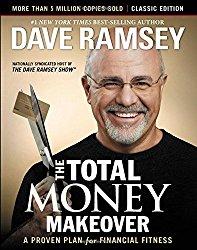
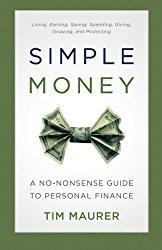

Shop Personal Finance and Business Books
The first step is to find a fund family with a low enough minimum. I personally like Vanguard because their funds have very low expenses and the minimums for many of them are only a couple of thousand dollars.
You are looking for a fund that invests in a large number of stocks over a broad range of the market. Good choices would be a largecap fund such as an S&P500 fund or a midcap or smallcap fund. Selecting specific sector funds or ETFs is probably not a good idea since you want something you can hold for years rather than needing to move in and out of it, incurring capital gains taxes.
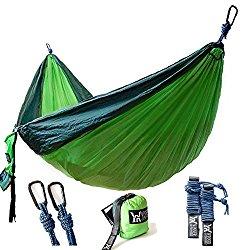
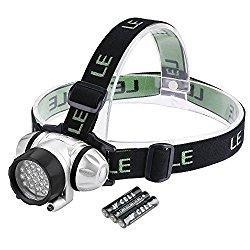
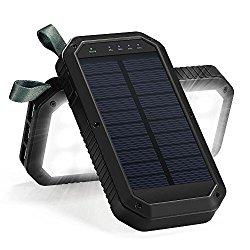
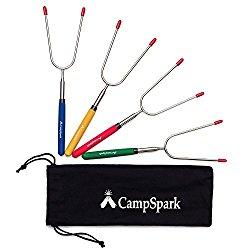
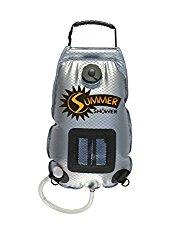
Shop for camping and hiking supplies
Once you have selected a fund, simply create a custodial account in the child’s name and send in a check. (Warning: When your kids go to college, the college may see the custodial account and expect it to be used for tuition before they’ll kick in financial aid. If you’re worried about this, keep the money in your name and then gift it to your child over a period of a year or two, staying below the gift tax exemption, when they are near graduation.) As time passes, add extra money to the fund. You should avoid the temptation to make many if any changes – you want to minimize expenses and taxes. Just let it grow with the economy. If you need to do something, wait for dips and buy more shares.
Once the fund has grown large enough, you should consider selling part and using the proceeds to buy another fund in a different sector of the market. For example, if you’ve amassed $15,000 in a largecap fund, you may want to sell half and buy a smallcap fund. This diversification will reduce the risk of losses and smooth out the fluctuations that occur. In general, different sectors of the market do well at different times.

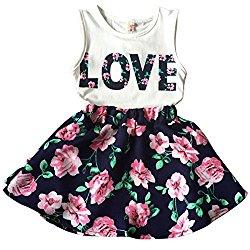

Shop the latest clothing and accessories
Note that capital gains and dividends will be tax-free below a threshold amount, but be sure to check with your accountant on what those minimums are in any given year. They are generally less for investment income than earned income. You may also need to file tax returns in some years if the income is large enough even when they haven’t made enough to pay taxes. Payment of quarterly estimates may also be required. Minimization of trading, and thereby the realization of gains, will delay the time at which you will need to start preparing tax returns for their accounts.
Once the child reaches 18, the money will be theirs (you have no say over this). You therefore should have been teaching them all along that the money is there to help them in emergencies, such as when the car breaks down, and not just for day-to-day expenses. You should also be teaching them to leave the principle alone and just spend the interest/dividends. In that way, even though they may waste some, hopefully there will be enough remaining when they are older and wiser to help secure their financial security.
By giving your children a nest egg with which to start their lives, you can help keep them out of debt, help them have a down payment for a house when they are ready, and be able to stay out on their own between jobs and other issues. You will also give them an extra source of income that they can use throughout their lives.
Follow me on Twitter to get news about new articles and find out what I’m investing in. @SmallIvy_SI
Disclaimer: This blog is not meant to give financial planning or tax advice. It gives general information on investment strategy, picking stocks, and generally managing money to build wealth. It is not a solicitation to buy or sell stocks or any security. Financial planning advice should be sought from a certified financial planner, which the author is not. Tax advice should be sought from a CPA. All investments involve risk and the reader as urged to consider risks carefully and seek the advice of experts if needed before investing.
